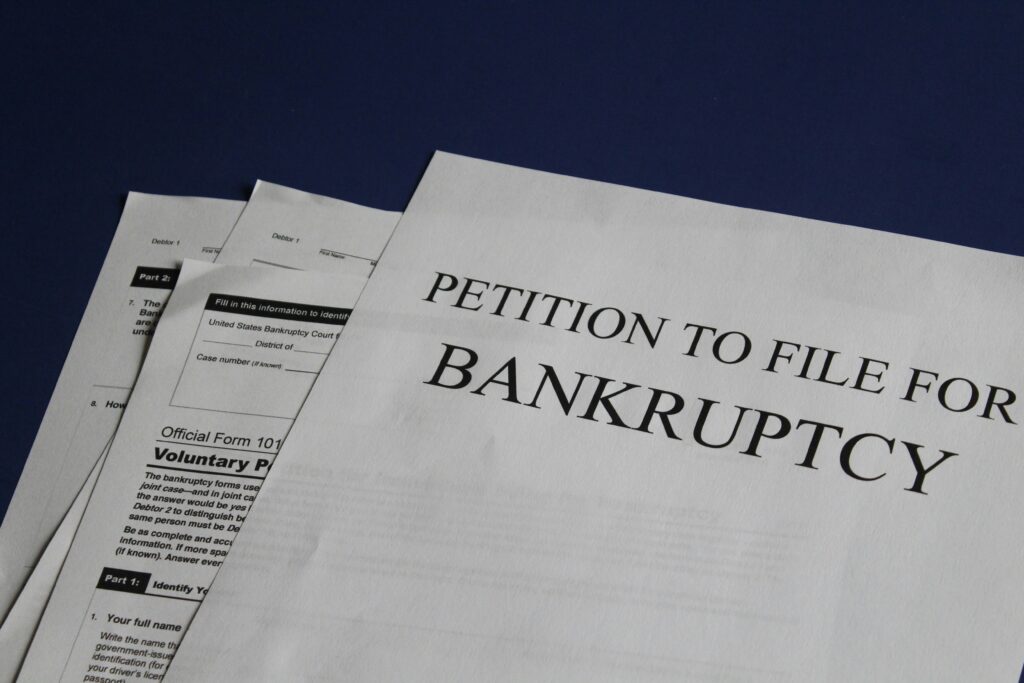Bankruptcy is a legal process that provides individuals and businesses with financial relief when they are unable to repay their debts. However, not everyone qualifies for bankruptcy protection. There are specific eligibility criteria that individuals and entities must meet to file for bankruptcy. Understanding these criteria is essential for anyone considering this option.
Types of Bankruptcy:
Bankruptcy law in most countries typically offers different types of bankruptcy, each with its own eligibility requirements. The two most common types of bankruptcy for individuals are Chapter 7 and Chapter 13 bankruptcy. Chapter 13 bankruptcy South Carolina involves the liquidation of assets to pay off debts, while Chapter 13 bankruptcy involves creating a repayment plan to settle debts over time.
Means Test:
One of the primary eligibility criteria for Chapter 7 bankruptcy in the United States is passing the means test. This test compares the individual’s income to the median income in their state. If the individual’s income is below the state median, they are usually eligible to file for Chapter 7 bankruptcy. However, if their income exceeds the median, they may still qualify based on their disposable income and expenses.
Credit Counseling:
Another requirement for filing bankruptcy is completing a credit counseling course from an approved Florence bankruptcy law office. This course aims to educate individuals about managing debt and exploring alternatives to bankruptcy. Completion of this course is mandatory before filing for bankruptcy and must be done within a specific timeframe.
Financial Management Course:
In addition to credit counseling, individuals filing for bankruptcy must also complete a financial management course before receiving a discharge of their debts. This course helps individuals develop the skills necessary to manage their finances responsibly in the future.
Debt Limits:
Chapter 13 bankruptcy imposes limits on the amount of secured and unsecured debt an individual can have to be eligible. As of 2022, the debt limits for Chapter 13 bankruptcy were $1,257,850 for secured debts (such as mortgages) and $419,275 for unsecured debts (such as credit card debt). Individuals with debts exceeding these limits may not qualify for Chapter 13 bankruptcy.
Previous Bankruptcy Discharge:
Individuals who have received a bankruptcy discharge within a certain timeframe may face restrictions on filing for bankruptcy again. For example, in the United States, individuals who received a Chapter 7 discharge cannot file for Chapter 7 bankruptcy again within eight years. Similarly, individuals who received a Chapter 13 discharge cannot file for Chapter 13 again within two years or Chapter 7 within four years.
Good Faith Requirement:
Regardless of the type of bankruptcy, filers are required to act in good faith throughout the process. This means providing accurate information, cooperating with the bankruptcy trustee, and adhering to the court’s orders. Failure to meet this requirement could result in the dismissal of the bankruptcy case.
Contact our Bankruptcy Attorney
Contact our South Carolina foreclosure attorney at the Reed Law Firm, P.A., With Offices in Columbia and Florence, South Carolina to know if you meet the eligibility criteria to file your case.
